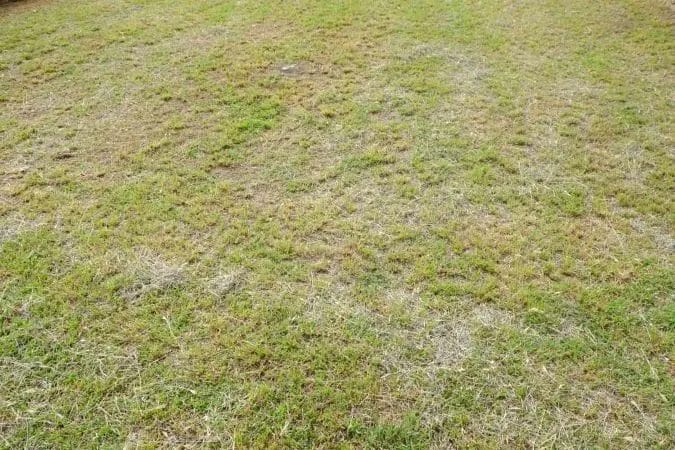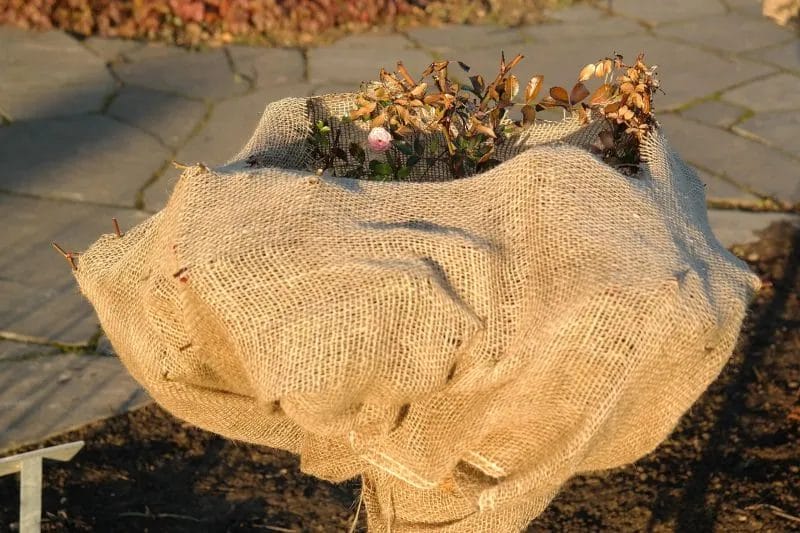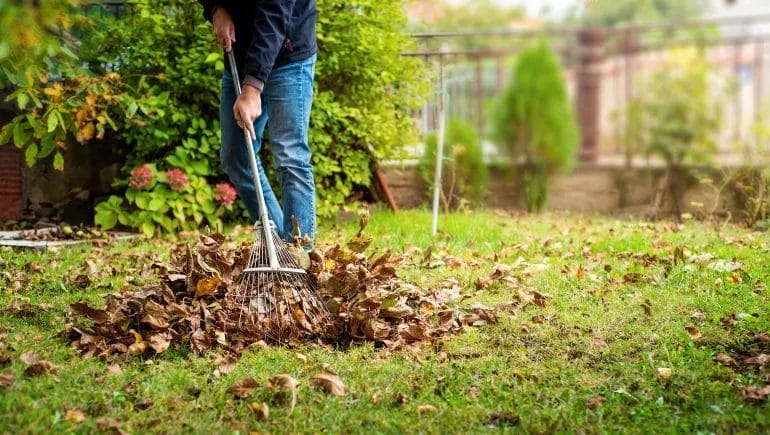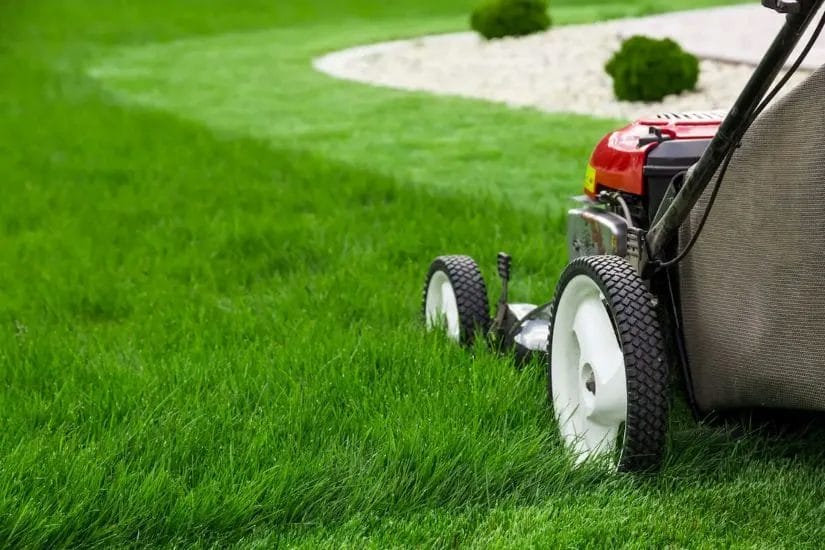
Lawn care is a vital part of maintaining a thriving outdoor space, and adopting organic methods ensures your grass stays healthy without harmful chemicals. By following proven techniques from Organic Lawn Care 101, you can nurture your lawn sustainably. Whether you rely on expertise from Smith Brothers Services, Smith Brothers Landscaping, or Smith Brothers Tree Services, implementing organic strategies will improve soil health, promote strong grass growth, and protect the surrounding environment. You’ll find that organic lawn care benefits both your yard and the community in the long run.
Cultivating Vital Soil Health
Deeply nurturing your lawn starts with fostering healthy soil that acts as a foundation for resilient grass. Soil rich in organic matter retains moisture efficiently, supports root expansion, and provides vital nutrients. Regularly aerating your lawn reduces compaction, facilitating better oxygen flow and microbial activity. You can incorporate earthworms as natural tillers, enhancing soil structure by creating channels that improve drainage. Monitoring soil pH ensures nutrient availability; aim for a balanced range between 6.0 and 7.0. By focusing on these specific practices, your soil becomes a living ecosystem that supports thriving turfgrass and reduces reliance on synthetic interventions.
The Role of Microorganisms in Soil Fertility
Microorganisms such as bacteria, fungi, and actinomycetes play key roles in decomposing organic matter and converting nutrients into forms your grass can absorb. Nitrogen-fixing bacteria, for example, transform atmospheric nitrogen into usable compounds, boosting soil fertility naturally. Mycorrhizal fungi attach to grass roots, expanding nutrient uptake, especially phosphorus and micronutrients. Soil with high microbial biodiversity also suppresses pathogens by competing for resources, naturally protecting your lawn. Incorporating practices like applying compost tea or avoiding harsh chemicals helps maintain this vital microbial balance, strengthening your lawn’s health from the ground up.
Natural Amendments: Compost, Mulch, and Manure
Applying natural amendments such as compost, mulch, and manure enriches your soil by adding organic matter and important nutrients slowly over time. Compost contributes humus that improves water retention and soil structure, while mulch controls weed growth and stabilizes temperature. Well-aged manure delivers nitrogen and trace minerals, enhancing fertility without the risk of burning your grass. These materials also stimulate microbial activity, creating a dynamic nutrient cycle. Leveraging amendments from Smith Brothers Services ensures quality sources tailored to your lawn’s needs and local soil conditions.
For example, Smith Brothers Landscaping recommends using compost derived from a mix of yard waste and food scraps screened to eliminate weed seeds, resulting in a fine texture ideal for lawns. Applying a ¼ to ½ inch layer of mulch around tree bases or lawn borders serves as insulation against temperature extremes and conserves soil moisture, helping trees services maintain vigor. Furthermore, manure sourced responsibly from Smith Brothers Tree Services avoids introducing pathogens or excessive salts, safely enriching the root zone. Integrating these organic inputs periodically aligns with seasonal growth patterns and your lawn’s nutrient cycles, resulting in sustainable, lush green turf.
Ditching Chemicals: Embracing Organic Fertilizers
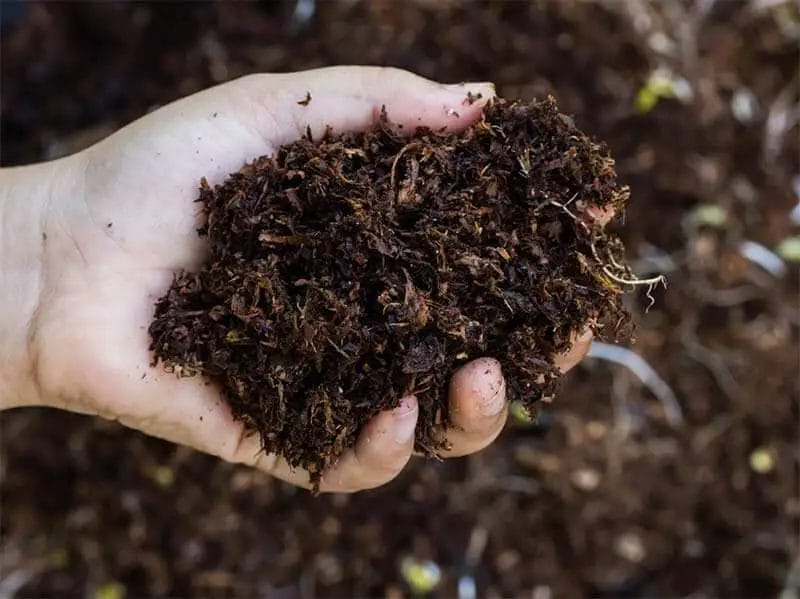
Switching from synthetic chemicals to organic fertilizers changes how your lawn accesses nutrients, promoting a healthier ecosystem in your soil. Organic options break down slowly, feeding microbes that naturally improve soil structure and moisture retention. With Smith Brothers Services guiding your transition, you can reduce harmful runoff while enhancing grass resilience. This approach aligns with sustainable landscaping practices that preserve your yard’s long-term vitality without the harsh effects of chemical exposure.
Understanding Nutrient Ratios: N-P-K Explained
Nutrient labels on fertilizers display the N-P-K ratio, representing nitrogen, phosphorus, and potassium—key elements promoting leaf growth, root development, and overall plant vigor. A balanced fertilizer for lawns typically leans toward higher nitrogen content to encourage lush green blades. For example, a 10-5-5 ratio suits most grass types, stimulating photosynthesis and recovery. Tuning these ratios according to your soil test results ensures you supply the right nutrients without excess, supporting sustainable maintenance certified by Smith Brothers Landscaping expertise.
Popular Organic Fertilizers: Benefits and Applications
Compost, fish emulsion, and bone meal stand out as top organic fertilizers delivering imperative nutrients naturally, each with unique strengths. Compost enriches soil texture and moisture while slowly releasing nitrogen; fish emulsion offers a quick nitrogen boost for rapid greening; bone meal supplies phosphorus, encouraging strong root systems. Applying these strategically throughout your lawn’s growth cycle can maximize health and appearance. Smith Brothers Tree Services often recommends similar organic amendments for nearby landscaping, ensuring an integrated green approach.
Diving deeper into popular organic fertilizers, compost can increase soil microbial activity by up to 30%, promoting nutrient cycling and retention in your lawn. Fish emulsion, rich in nitrogen and trace minerals, acts quickly within days, ideal for early spring greening phases. Bone meal provides concentrated phosphorus which supports seedling development and root establishment, useful during lawn renovation or reseeding. Combining these options as part of your regular lawn care regimen allows you to customize nutrient delivery while avoiding chemical dependencies, a method endorsed by Smith Brothers Services for sustainable, long-term grass maintenance.
Watering Wisely: Strategies for Sustainable Irrigation
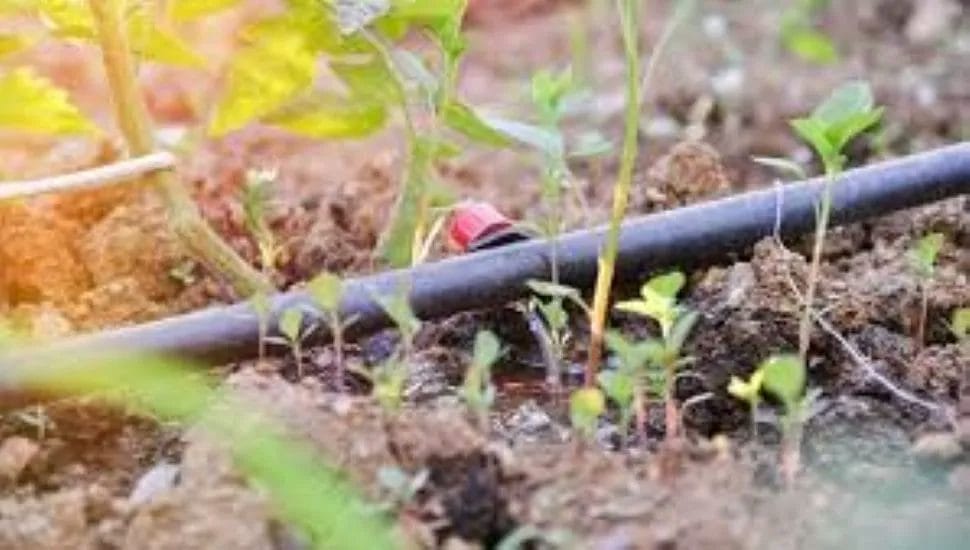
Adjust your irrigation methods to match your lawn’s specific needs, conserving water while promoting deep root growth. Using efficient sprinkler systems, such as drip irrigation or smart controllers from Smith Brothers Landscaping, allows water to seep directly to the soil, minimizing evaporation. Lowering watering frequency but increasing duration encourages sturdier grass that’s less dependent on frequent watering. You can significantly reduce water waste without sacrificing lawn health by tailoring your routine to seasonal changes and soil moisture levels.
Timing and Techniques for Efficient Water Use
Water early in the morning, between 4 a.m. and 9 a.m., to minimize evaporation losses during the heat of the day. Employing a drip or rotary sprinkler calibrated to deliver 0.5 inches per session ensures even coverage without runoff. Avoid overhead watering in the evening when moisture lingers on blades longer and promotes disease. Regularly check soil moisture with a probe to prevent overwatering, and adjust your schedule based on rainfall or weather updates from Smith Brothers Tree Services experts.
Harvesting Rainwater: Eco-Friendly Practices
Collecting rainwater through barrels or larger cisterns reduces dependence on municipal water and offers nutrient-rich irrigation. Rainwater harvesting systems can supply up to 40% of your annual lawn watering needs, especially in regions with seasonal rainfall. Position barrels to capture downspout flow for maximum efficiency and incorporate filters to prevent debris buildup. Integrating rainwater irrigation aligns well with organic practices promoted by Smith Brothers Services, combining sustainability with cost savings.
Rainwater harvested from your roof advantages your lawn further by containing fewer chemicals compared to tap water. This natural water source promotes healthier soil microbiomes beneath your grass, enhancing nutrient uptake and overall resilience. You might install multiple connected rain barrels with overflow systems to redirect excess water, preventing pooling around your foundation and protecting trees and shrubs maintained by Smith Brothers Tree Services. Leveraging such eco-conscious water management reduces carbon footprint and supports your lawn’s organic growth without sacrificing vigor or aesthetics.
Pest Control without Poison: Natural Management Techniques
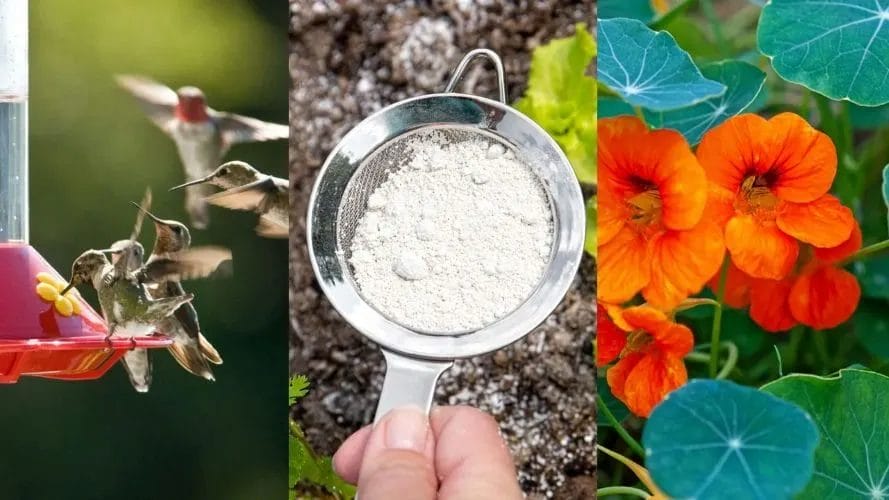
Controlling pests naturally preserves your lawn’s ecosystem and avoids harmful chemicals. Introducing companion plants like marigolds or garlic can repel unwanted insects, while regular mowing and watering disrupt pest breeding cycles. Enhancing your soil health also creates a hostile environment for pests, reducing their impact. These methods align perfectly with The Ultimate Guide to Eco-Friendly and Organic Lawn Care, providing a practical, effective way to nurture your grass without toxins.
Beneficial Insects: Allies in Pest Control
You can attract ladybugs, lacewings, and predatory beetles that naturally consume common lawn pests such as aphids and grubs. Installing insect hotels or planting nectar-rich flowers supports these beneficial insects. They provide an ongoing defense system, reducing the need for chemical treatments. Smith Brothers Services often recommend leveraging beneficial insects alongside sustainable landscaping measures to maintain a healthy lawn.
Organic Pesticides: Safe and Effective Alternatives
Products based on neem oil, insecticidal soaps, or diatomaceous earth offer targeted pest suppression without risking your soil or beneficial wildlife. Smith Brothers Tree Services experts highlight that these options degrade quickly, minimizing environmental impact while maintaining pest control efficacy. Using these alternatives ensures your organic lawn care remains both safe and sustainable.
Organic pesticides work by disrupting pest life cycles or damaging their exoskeletons without lingering toxicity. Neem oil, for example, contains azadirachtin, which interferes with insect feeding and reproduction, proven effective against over 200 pest species. Diatomaceous earth mechanically abrades pests’ outer layers, providing a physical barrier rather than chemical toxicity. Such treatments complement natural predators, allowing you to tailor integrated pest management plans fine-tuned to your lawn’s ecosystem, supported by Smith Brothers Landscaping’s expertise in tree services and lawn health.
Mowing for Health: Techniques that Promote Growth
Maintaining a healthy lawn relies heavily on proper mowing practices. Cutting your grass at the right height and frequency encourages deep root development and reduces vulnerability to weeds and pests. Avoid cutting more than one-third of the grass blade at a time to prevent stress. Using well-maintained sharp blades enables clean cuts that heal faster. Techniques such as varying your mowing pattern can prevent soil compaction and promote even growth. Collaborating with experts like Smith Brothers Services ensures you optimize mowing schedules tailored to your grass type and regional climate.
The Importance of Mowing Height and Frequency
Keeping your grass around 3 to 3.5 inches in height typically results in a dense, resilient lawn that conserves moisture and shades out weeds. Grass mowed too short weakens root systems and invites soil erosion. Mowing frequency should adjust with grass growth rate, usually weekly in the growing season, but less often during drought or dormancy. Smith Brothers Landscaping professionals often recommend longer blades in summer to protect against heat stress, a practice supported by studies showing improved lawn vigor and reduced water needs.
Mulching Mowers: Enhancing Grass Vitality
Mulching mowers finely chop grass clippings and reintroduce them into the lawn as natural fertilizer, recycling vital nutrients like nitrogen and potassium. This process reduces the need for synthetic fertilizers and minimizes yard waste. By maintaining soil organic matter and promoting microbial activity, mulching improves overall turf health. Smith Brothers Tree Services sometimes advises integrating mulching in lawns adjacent to tree areas, as it aids soil moisture retention and reduces the lawn’s competition pressure on tree roots.
Further highlighting mulch benefit, mulching mowers create a thin layer of decomposing grass that improves soil structure and fosters beneficial soil organisms. Rather than bagging clippings, which deprives your lawn of nutrients, mulching supports a sustainable ecosystem. Notably, customers of Smith Brothers Landscaping report thicker, greener lawns after adopting mulching techniques regularly, with visible improvements in turf density within just a few mowing cycles. Incorporating mulching into your routine lawn care regimen aligns perfectly with organic maintenance goals.
So, by adopting crucial organic lawn care strategies, you can maintain healthy grass while promoting a sustainable environment. Leveraging the expertise of Smith Brothers Services, including Smith Brothers Landscaping and Smith Brothers Tree Services, will ensure your landscape receives the best possible care. These trees services and lawn care techniques work together to create a vibrant, resilient lawn that enhances your property’s beauty and value.


